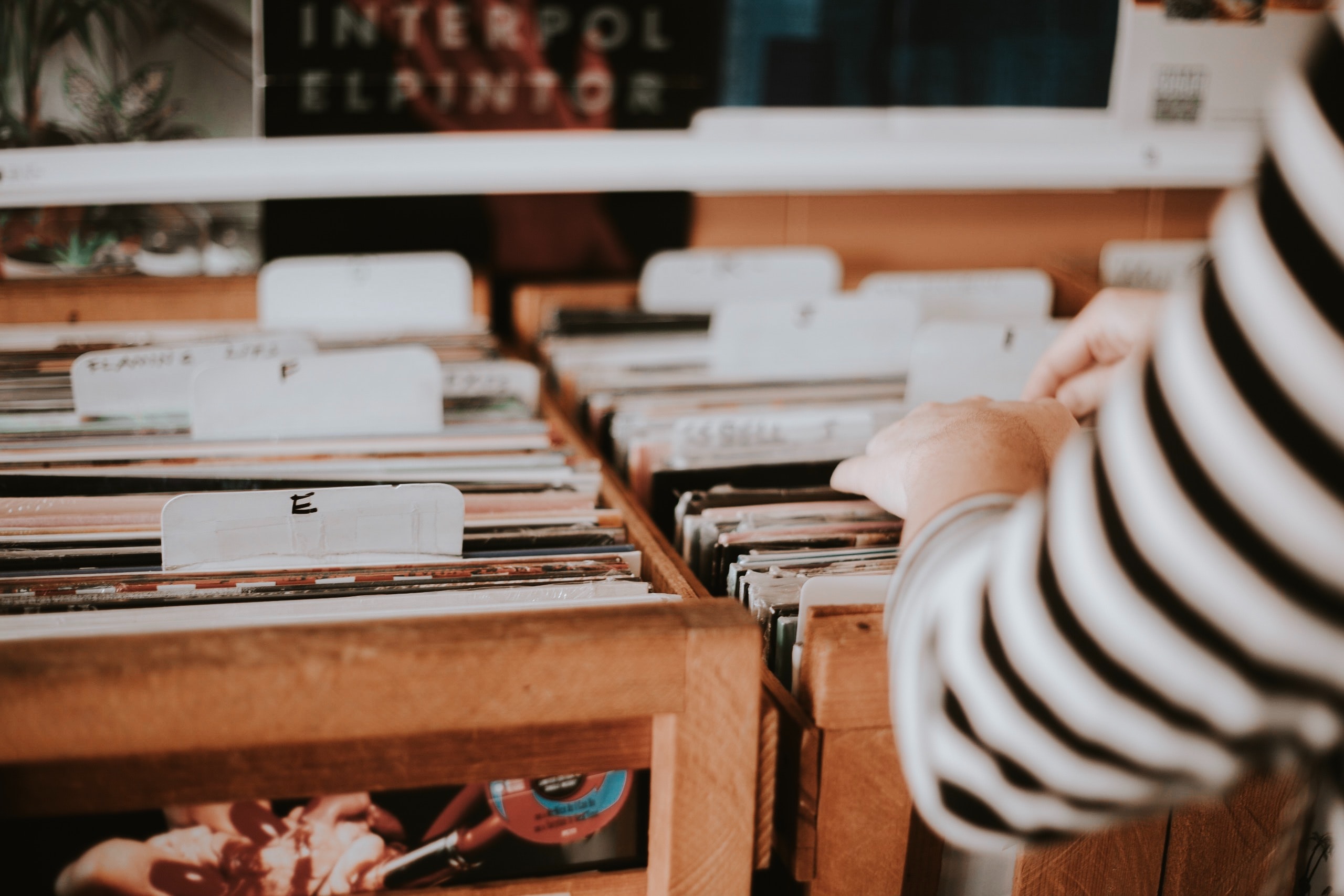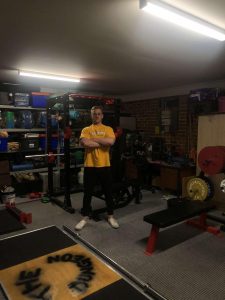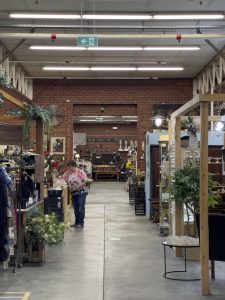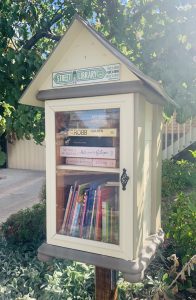Record stores and the rise of digital music – Q & A with Blake Budak

In Garema Place in 1994, Blake Budak opened up what has now become Canberra’s leading independent record store. Landspeed Records has grown to be a household name for any Canberran music lover. Though it doesn’t boast live music, it is as much the heart of the Canberra music scene as places like The Basement.
As someone who has been behind the counter for 26 years, Blake knows a fair bit about the records he sells. He’s had a front-row seat to the rise of streaming, and has watched as each new form of digital music changed the music industry. From vinyl, cassettes, to CD’s, and now the age of iTunes and Spotify, Blake has watched as the place of physical albums has changed, both in price point and popularity, and he has a good idea of where the industry is heading next.
Q: How did your love of music begin?
A: I would say it goes back to the TV show Countdown, it used to be on Sunday nights on the ABC. Back then there were only two channels in Canberra. There was the Wonderful World of Disney which was on Channel 10, the commercial channel. And then there was Countdown, and literally everyone watched Countdown, it was the way that people discovered bands and music. I think that was when I first started really getting into music. I had some stuff before that, like I knew of ABBA, they were a really big group in the 70’s in Australia. I knew of The Beatles and stuff, but Countdown was the one that really started to peak my interest in a big way.
Q: What about vinyl in particular?
A: Around that time it was predominantly vinyl being sold, there were cassettes but when I was buying music it was mostly vinyl. I only really started buying CD’s instead of vinyl in the late 80’s. CD’s came in about ’86, and then I still kept on buying vinyl for quite a while because ironically CD’s were more expensive than vinyl was back then. Although vinyls are more expensive things to produce, CD’s across the board then were $30. And they were $30 for a long time, which in today’s money is probably about $80. $30 was a lot of money back then. Even to get a CD for $20 was ‘oh my god, it’s so cheap’.
Q: What made you want to open up a music store?
A: It seemed like a good idea at the time is probably the main reason. A friend of mine came into some money and he was looking to start a business. When I was younger I wanted to open up a comic book store, and then as I got older I wanted to open a record store. So I suggested to him that we should start a record shop. We started it with not much of a clue at all, and not enough money, and not enough stock. I’m surprised we actually survived the first year or so. Generally, people that start record shops, in the same way that people who start cafe’s or any other businesses, usually have worked in one first and have a good idea of how it all works and I had no idea. I just tried to wing it.
Q: How does one go about opening up a record store?
A: It’s like starting any business; you need to find a location first, order stock and hope people will buy it from you. Running any business when it’s just an owner/operator is not too hard, but once you grow to a stage where you need to start employing people it stats getting a lot more complicated. All the admin and tax stuff is the non-fun part, ordering the records and selling them is the bit I enjoy.
Q: How has the increasing availability of digital music changed the industry?
A: Tremendously. It’s done it gradually, and there’s been a few different phases and changes along the way. The biggest for us now is that our CD sales have pretty much fallen off a cliff. We still sell CD’s, but predominantly to an older market. There was the first wave which was things like Napster and Limewire were out there but CD’s were still selling. Then there was iTunes where people would actually buy a whole album on iTunes, and then CD sales still held up reasonably well. Then the last 5 years Spotify has really taken off, and that’s been the one that’s affected us the most. At the same time, things like that are also an opportunity for people to discover music and buy it on vinyl. The rise of digital music has hastened the demise of CD’s, but I think in some way’s it has benefited the growth of vinyl because people are discovering music they really like and then that makes them want to own it on vinyl.
Q: Why do you think people keep buying vinyl when there are more convenient forms for music out there?
A: As accessible and easy streaming is, there’s no tangibility and there’s no collectability to it. I guess people feel more connected to things that they like and artists that they like if they can then have a physical product. I think that ultimately people aren’t ready or prepared for music to only exist in a cloud, I think there’s always going to be a demand for a physical form of music. Of all the formats of music that exist, like CD’s and cassettes, vinyl has been the nicest, most tactile, visually appealing collectable format of all. For there to be one enduring format, I’m not surprised that it is vinyl, and I think that’s why it will survive while the others will increasingly die out.




Be the first to comment!